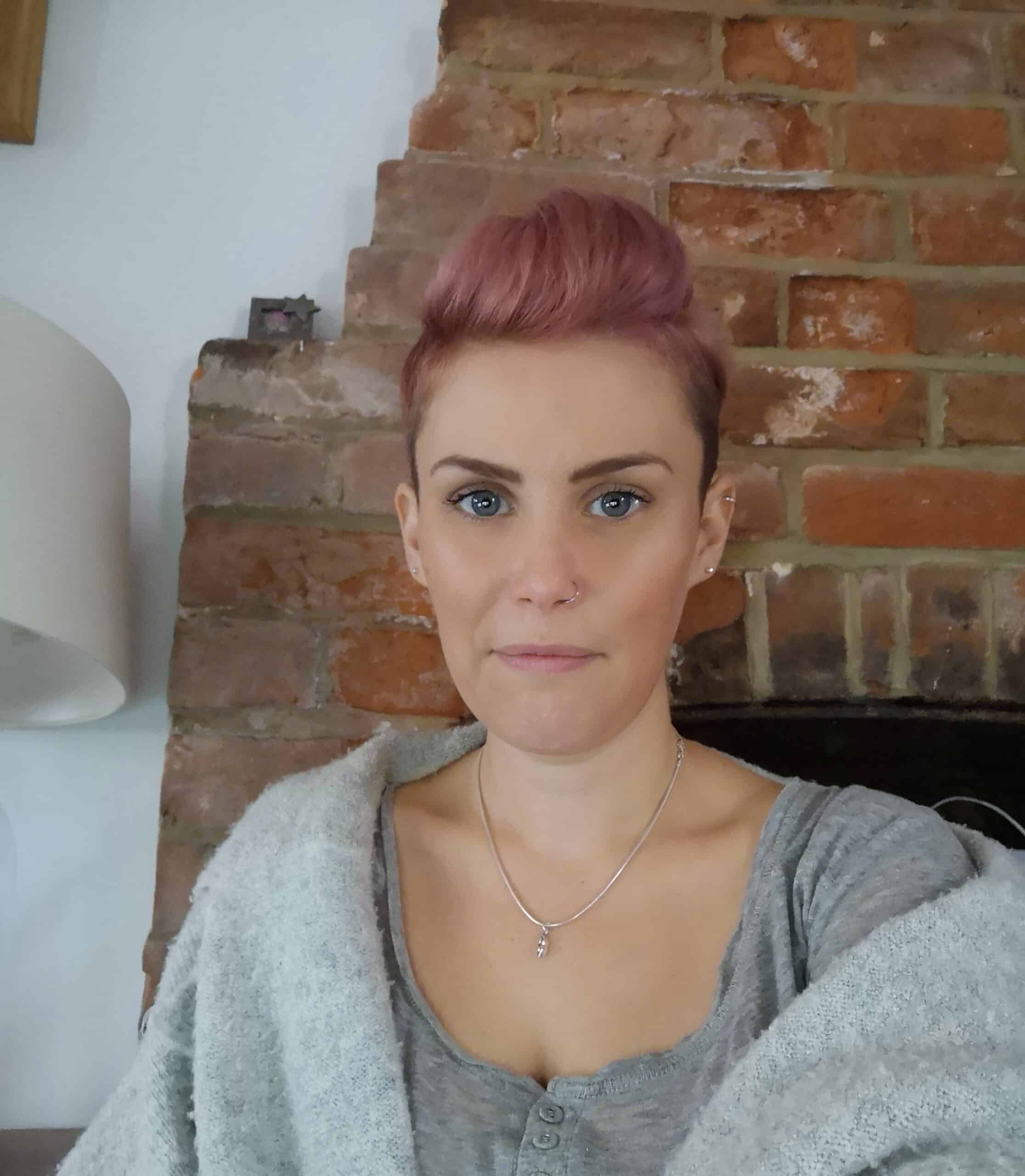Social Prescribing is about recognising that people’s health and wellbeing are determined mostly by a range of social, economic, and environmental factors. It seeks to address people’s needs in a holistic way, instead of prescribed medication, aiming to support individuals to take greater control of their own health.
Justine is a Social Prescribing GP Link Worker, and her work covers the south of Uttlesford with another social prescriber called Aaron. Between them, they have 5 surgeries that they support with the aid of other professionals (council, police, fire brigade, mental health teams etc) community groups, charities and volunteers.
Justine explains; “No day is ever the same and we take referrals from all external agencies providing support with benefits, allotments, foodbank, art groups, noisy neighbours, to care and equipment. We empower patients to take ownership of their own goals in a person-centred way to aid them in supporting them self-better with what we have in the community from free, funded or paid.
This could include working with vulnerable people in domestic abuse situations, to those with learning difficulties or living with a disability. We support all ages and abilities with an empathetic, and holistic approach that’s tailored through an assessment. We signpost those who have a good level of self-care and ownership, but for those who need a little more support, have regular catch ups, several calls, visits and follow ups. It is really varied to what is required. I often attend medical, social worker and district council meetings to make sure that the individual is at the best interest to all and so we can all achieve a beneficial outcome.
All generations and abilities have enjoyed the free strength and balance classes run by Uttlesford District Council, but we also signpost and refer individuals to groups such as the dementia and bereavement cafes, Touchpoint in Stansted and digital inclusion projects. I really warm to projects such as the Men’s Shed network and friendship dogs. It can often take a lot of persuasion to make people feel comfortable and confident again, as well as several attempts and lots of rapport building, but generally once they try it, they often keep going.
We often have patients referred via their GP’s and nurses, with social isolation or mobility issues, just to name a few! Generally, it is for a social issue that may be impeding on their mental or physical health or the mental and physical aspect impeding on their social involvement. These could be short- or long-term issues that require a more tailored support network over time, or just simply signposting. Some of our individuals or joint referrals can be complex and require a combination of professionals and external agency support.
Speaking with the patients, we have heard how beneficial social prescribing has been for them. They now have the equipment or blue badge needed to enable them to go out with freedom, or see a befriender, when usually they wouldn’t see anyone for weeks. No day is ever the same and no treatment plan fits all. I love working with my team from the mental health practitioner, district council, care co-ordinators, charities, physios and GP receptionists.”




